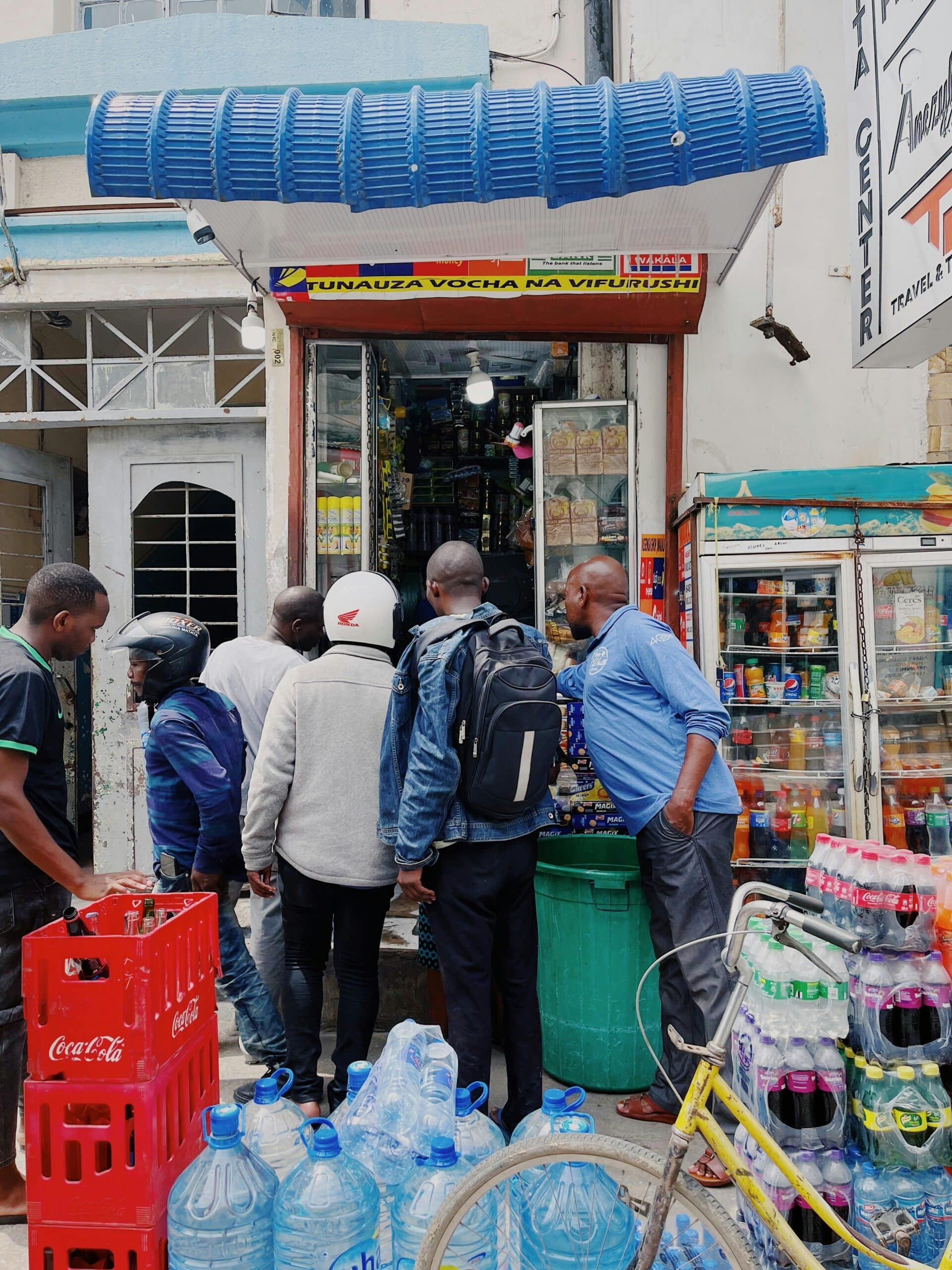
Regional Blocs, not the Tripartite Free Trade Area, hold the key to Africa’s Trade Renaissance
By Edam Shem
A new approach, familiar problems?
The recent focus on Regional Economic Communities (RECs) in Africa has re-ignited an active debate about The Tripartite Free Trade Area (TFTA). Proponents argue that the TFTA’s smaller scale allows for deeper integration within specific sectors. This, they believe, can foster the development of RECs by facilitating closer collaboration between member states. Critics, on the other hand, maintain the stance that the existence of the TFTA adds an extra layer of confusion and could prejudice resources toward a less than full realization of the pan-African AfCFTA dream.
The Tripartite Free Trade Area (TFTA) is a trade bloc that was made by 26 member countries to create an expanded free trade area that covers the member countries of the Common Market for Eastern and Southern Africa (COMESA), East African Community (EAC) and Southern African Development Community (SADC). This relatively large-scale effort seeks to deepen African trade among nations, generate employment, and eliminate poverty. However, given the history of Regional Economic Communities (RECs) in Africa and the existence of the broader African Continental Free Trade Area (AfCFTA), the question arises: Is the formation of the TFTA the next big step or just a duplication of other efforts?
A Mixed tale of Successes and Failures.
The TFTA assimilates on the foundation of the three constituent RECs Working Paper: Harnessing Africa’s Opportunities for Economic Growth. These RECs, COMESA, EAC, and SADC have all recorded different levels of success in their integration processes. The EAC, for instance, has made a lot of progress in the area of coordination of monetary and fiscal framework, skilled manpower, common tourism goals, standardization of customs procedures, and the creation of a common market for commodities, which makes the region a lucrative bloc as required. However, it has its problems, including the conflict over transit costs within the community and the relatively weak progress in the implementation of infrastructure projects.
Comparatively, COMESA has faced some more challenges in line with achieving regional integration within its member states, who socio-politically, have experienced political instabilities that have significantly derailed the process. It has, however, been able, to some extent, achieve some results in some provisions of the trade liberalization procedures of a common market much as a fully functional common market has not been realized.
Political instability and economic disparities continue to undermine SADC’s ability to achieve regional integration despite the progress it has made in areas such as the transport and energy sectors. The Southern African Customs Union (SACU), a sub-regional integration within SADC has penciled a lead role in pushing for economic integration but has equally come in for lots of criticisms with claims that the benefits accruing from the integration are unequally shared.
A New Approach or a Familiar Path?
The TFTA aims to address the limitations of the RECs by creating a larger, more integrated market. It promises to reduce trade barriers, promote investment, and enhance regional cooperation. However, critics argue that the TFTA is simply a repackaging of existing regional integration efforts and that its benefits may be limited.
One of the main concerns is that the TFTA may replicate the AfCFTA, which is a more comprehensive continental trade agreement designed to establish a single market for Africa. The AfCFTA, which came into force in 2019, is believed to be capable of achieving a far more extensive scale of integration and generating superior economic value.
“While the agreement holds the promise of increasing the flow of trade within Africa and thus supporting economic growth, it has its own set of challenges.”
Additionally, the TFTA faces critical issues that undermine its implementation. Its member states have diverse economic and political interests, and there are concerns about the capacity of regional institutions to effectively manage the agreement. The TFTA also requires substantial investments in infrastructure, which may be difficult to mobilize given the limited resources of many African countries. Comparatively, AfCFTA’s broader scope encompasing 55 African Union member states, allows for a more comprehensive approach to regional integration. The larger scale allows for leverage to undertake superior economies of scale and better negotiating power in the global markets. For instance, estimates show that the AfCFTA could increase intra-African trade by up to 52.3% by 2025, while the World Bank shows that it will boost the continent’s GDP by up to $450 billion by 2035 by lifting 30 million Africans from poverty. AfCFTA’s expansive approach also makes it easier to align policies as well as regulations hence opening up the market and encouraging investment.
Funding and Financing the TFTA.
 The TFTA will require significant funding to support its implementation and operation. The member states are expected to contribute to the agreement’s financing, but they may also seek assistance from international development partners. The African Development Bank (AfDB), the European Union (EU), and other multilateral institutions have expressed interest in supporting the TFTA.
The TFTA will require significant funding to support its implementation and operation. The member states are expected to contribute to the agreement’s financing, but they may also seek assistance from international development partners. The African Development Bank (AfDB), the European Union (EU), and other multilateral institutions have expressed interest in supporting the TFTA.
Implementation of the TFTA will call for substantial funding to cater to the daily running of the agreement. Member states only hope is to self-finance the agreement implementation since they are supposed to be the main beneficiaries. They may, however, approach international development partners such as the African Development Bank (AfDB) through the capital increase process, the European Union (EU), and other multilateral institutions that have already indicated interest in support.
Nevertheless, the source of funding for the TFTA may be limited by other calls for funds from other projects or sectors. African governments are already experiencing numerous developmental challenges and while handing out money to the integration processes, political influences may prevail.
The Way Forward: A Critical Assessment.
Looking into the operations of the RECs and the formation of the AfCFTA, it is logical to raise the question of the need for the TFTA. While the agreement holds the promise of increasing the flow of trade within Africa and thus supporting economic growth, it has its own set of challenges.
It can therefore be argued that a more effective canter may be to strengthen the existing RECs or cause them to be more responsive to the AFCTA. This way, based on the foundation of regional integration in a gradual and sustainable manner Africa can realize the economic integration across the entire continent.
In addition, attention must be paid to political factors that have been limiting integration within the region including political instabilities, economic inequity, and institutional inadequacies. These are real breakthrough challenges to the free trade area, which could hinder the enhancement of the TFTA’s potential without a solid solution.
Taking into account the challenges confronting the TFTA, can it be considered the best growth strategy for Africa’s regional integration? While, the agreement has its advantages, a more nuanced strategy may consist of improving or strengthening existing RECs’ cooperation while filling them with references to the AfCFTA. This may very well make the trajectory towards continental economic development more sustainable and efficient.
These are the writer’s own opinions and do not necessarily reflect the viewpoints of Liberty Sparks. Do you want to publish in this space? Contact our editors at [email protected] for further clarification.
Tag:COMESA, Cross Border Trade, EAC, Regional Integration, SADC, TFTA



